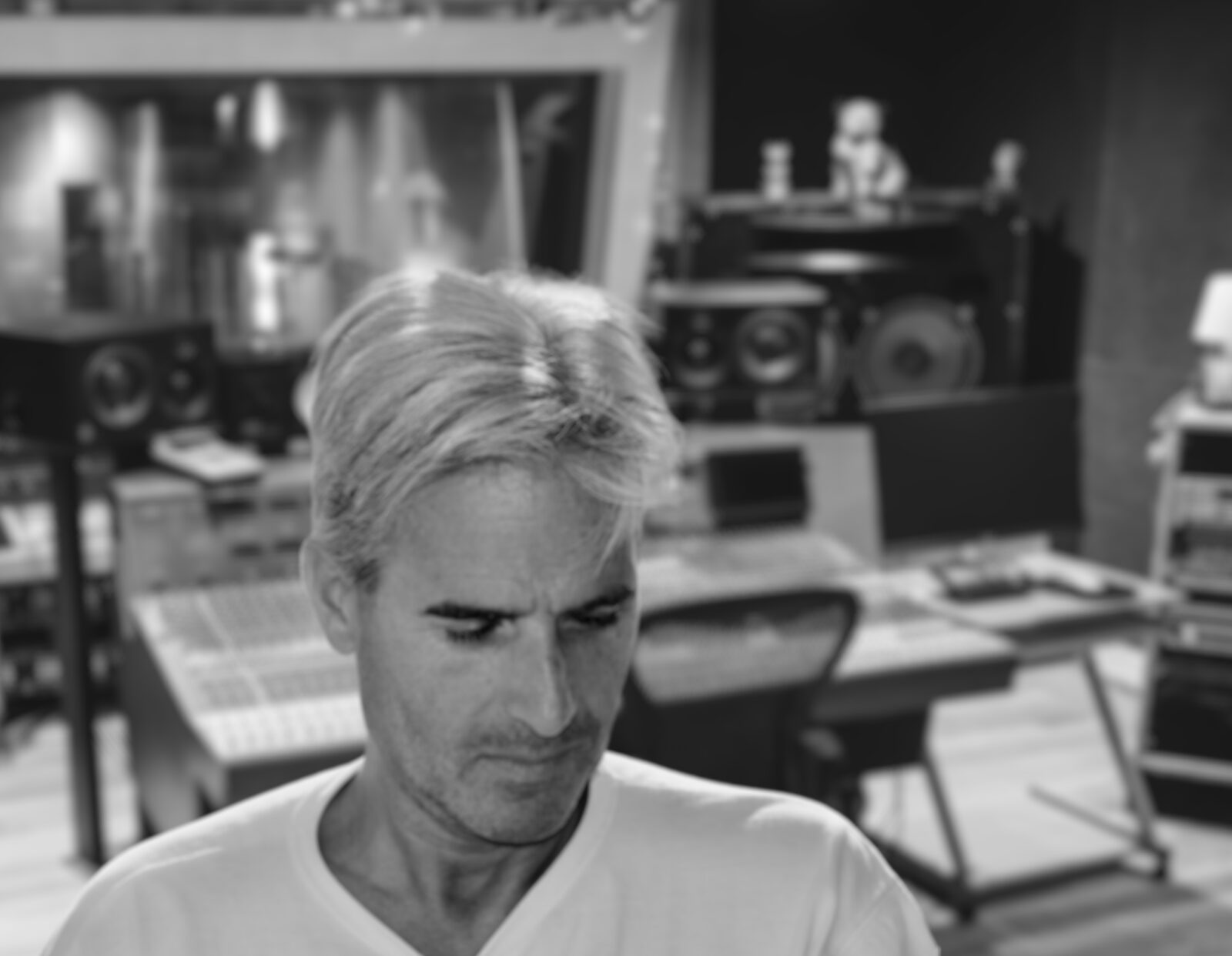Specific Gravity is the latest work of composer-producer Ian Mathias-Baker, a 6-track album which speaks through desperate grief and loss in the most concise manner possible. These six tracks are basically a combination of music and poetry with the lyrical component being T. S Eliot and Charles Bukowski poems read and backed up by what can only be described as sad music.
The entire album begins with the Mythic Texts, which initiates all the other tracks in the album. These works, characterized by mythopoeic and archetypal motifs, are filled with an ambiguous feeling of sadness and reflection. Mathias-Baker’s structures are greatly based on ideas from great composers like Mahler and early twentieth-century modernism and hence provides the listeners with an engaging auditory experience right from the onset of the film.
Evaluating once again, it is crucial to state that the “Mythic Texts” constitute the heart of the album and its themes. These 4 tracks present a sense of grieving that seems rather private and yet can be shared by everybody, maybe due to something that has never been told. Specific Gravity is the name of the album in question, and this title suggests a realistic, concrete specific something that is being lost at the heart of the work; this is where Mathias-Baker’s accompanying essay could be useful.
In the 4th song “Man Mowing the Lawn Across the Way from Me,” Mathias-Baker becomes the voice of Bukowski, singing about the dangers of existence. The soothing instrumentals along with the heavy guitars combine and contribute to the kinetically balanced eerie aftertaste of the song . This is evident in the acoustic piano, distorted electric guitar and the incorporation of ambient effects which matches the imagery and sense of dread.
“This is the Way the World Ends” is another example of the LP’s most memorable song, based on Eliot’s doom-laden spoken word over quotidian pop music, enhancing the record’s feeling of alienation. The curtains, sets, and even the orchestral arrangement are disorientating and depressing — what one might expect from Eliot’s poetry.
This work remains intentional to the extent that the textures and the musical language used all work to stir profound feelings from those listening. The classical orchestra has been supported by electronic means, and thus the music that came out can be described as big and experimental. It further enhances Mathias-Baker’s perfect combination of various genres, an Album that merges darkness and chaos in a perfect tune perfect for the hardcore music lovers, and a proof that those barriers between music genres is not something worth following.
The very short fourth “Mythic Text” is profoundly memorable with its transcendental string elegy which promises the long-sought after paradise at the very end of the line. The orchestration is complex and beautifully chilling at the same time and is complemented by electronic factors which give the listener an emotional rollercoaster ride.
Thus, Specific Gravity is not a text that simply displays a set of visual markers as a kind of postmodern performance of style, but one that interrogates the ability to feel and communicate those intense and intimate sentiments. Mathias-Baker’s music is an organic, slow-burning process of shared discovery akin to a quiet walk through an art museum where every work is as unconventional as it gets.












